The Independent's journalism is supported by our readers. When you purchase through links on our site, we may earn commission.
Coronavirus: The travel destinations that are currently best avoided
With Covid-19 cases continuing to rise around the globe, travellers should exercise caution
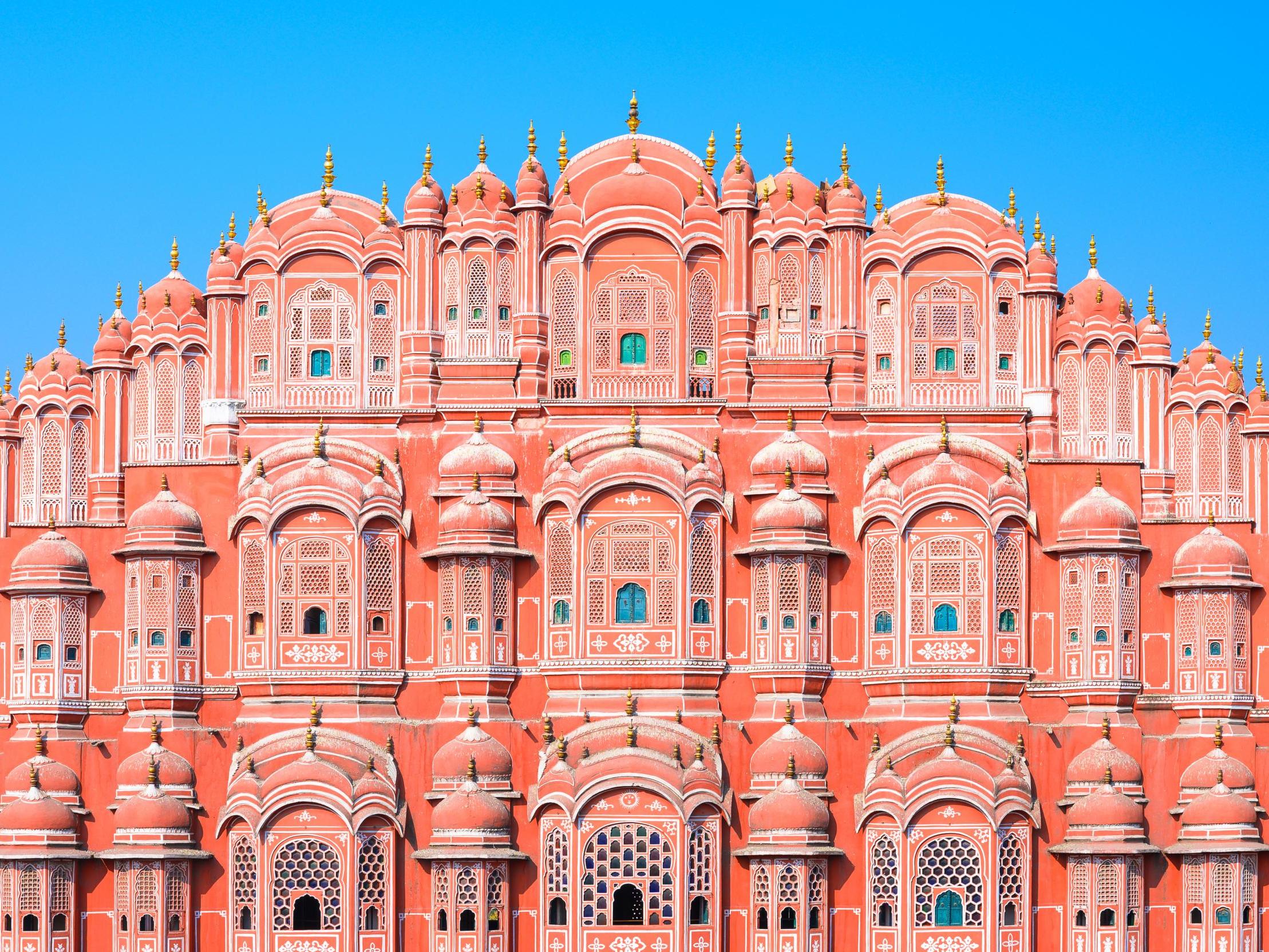
If you’re anything like us, you’re itching to get away on your next break.
At this point in time, however, safety trumps adventure. While lockdown restrictions are gradually lifting in many countries, the coronavirus is continuing to wreak havoc around the globe.
To date, there have been 10 million confirmed cases around the world, resulting in the deaths of nearly 500,000 people (more than 43,000 of which have been in the UK).
Currently, the Foreign Office is advising against all non-essential international travel. By the time holidaying is back on the menu, the situation may well have changed in the below countries – and they’ll certainly be glad of your much-needed tourism pounds. But if restrictions eased tomorrow, these destinations might be best avoided – at least temporarily.
Brazil
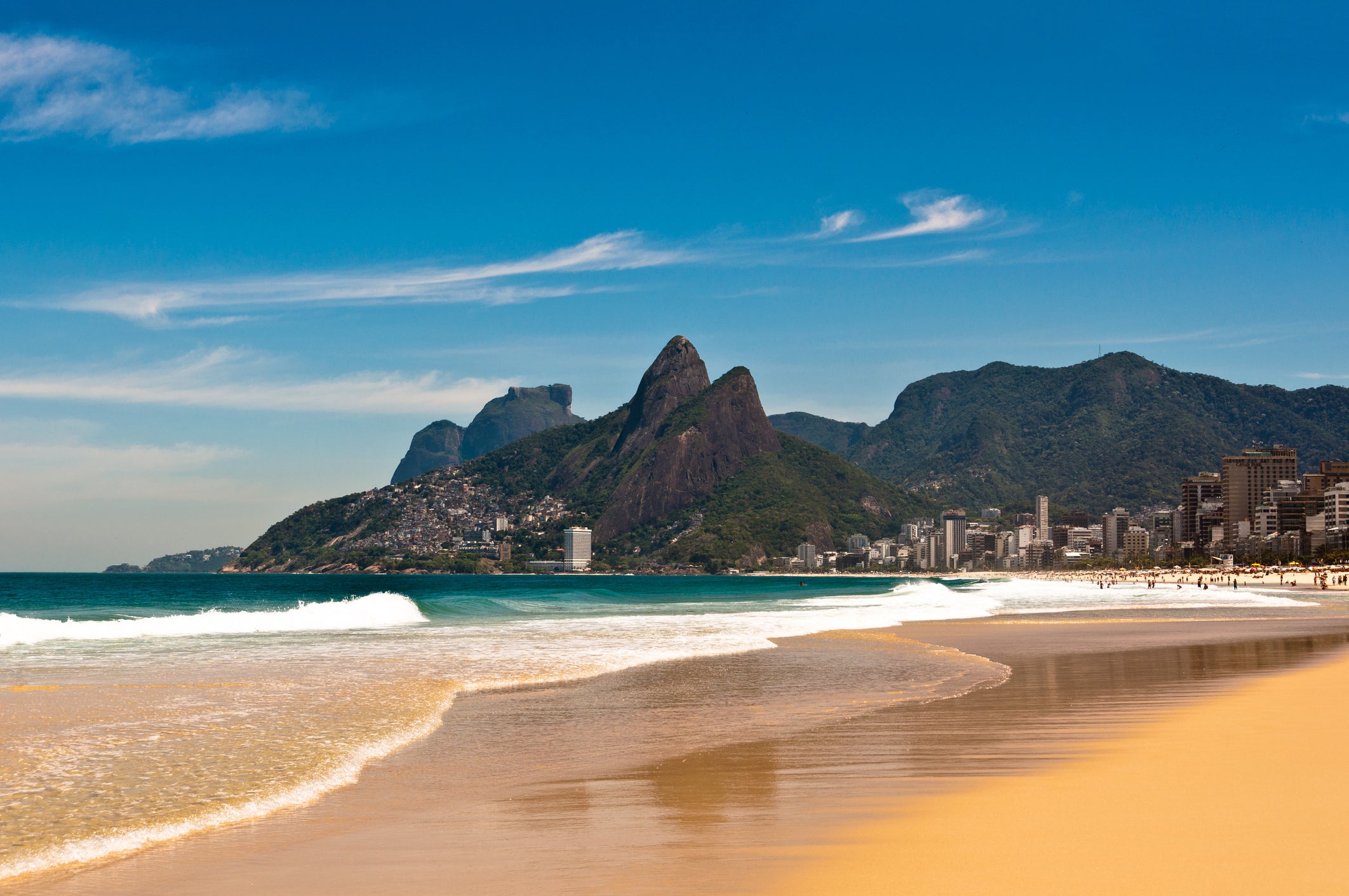
With the largest population in Latin America, Brazil is currently in the midst of a major health crisis. The country now has the second highest death toll in the world and is recording an average of about 1,000 deaths per day. On 12 June, the government halted the release of figures relating to Covid-19 cases and deaths, prompting widespread condemnation and accusations of censorship and totalitarianism. Brazilian president Jair Bolsonaro has consistently minimised the risks of coronavirus, describing the virus as a “little flu”, disregarding isolation measures and even criticising state governors for imposing regional quarantine measures.
Russia
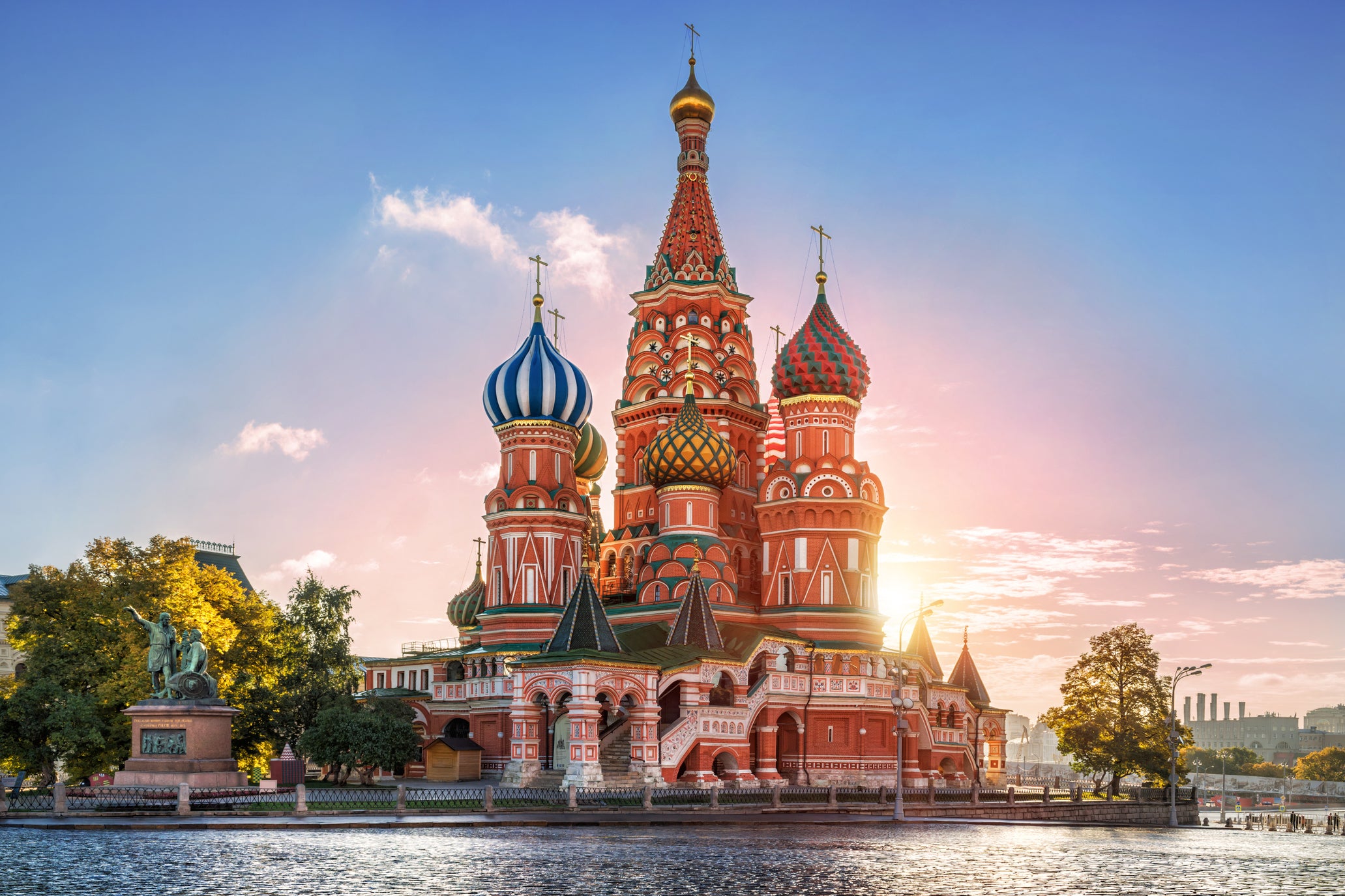
Accusations of data manipulation regarding the numbers of Covid-19 cases and deaths throughout Russia have been rife. In early June, Alexei Venediktov, a “well-connected” editor for the liberal Echo of Moscow radio station, noted that nearly 6,000 more people died in Moscow during May than average, while official statistics in the Russian capital claimed 1,704 Covid-19 deaths. Russia has previously responded angrily to claims official statistics might be underreporting the number of deaths, with a Kremlin spokesperson arguing that the low numbers were simply a reflection of the “effectiveness” of Russian medicine. Despite this claim, authorities did change the counting methods at the end of May, following widespread criticism.
India
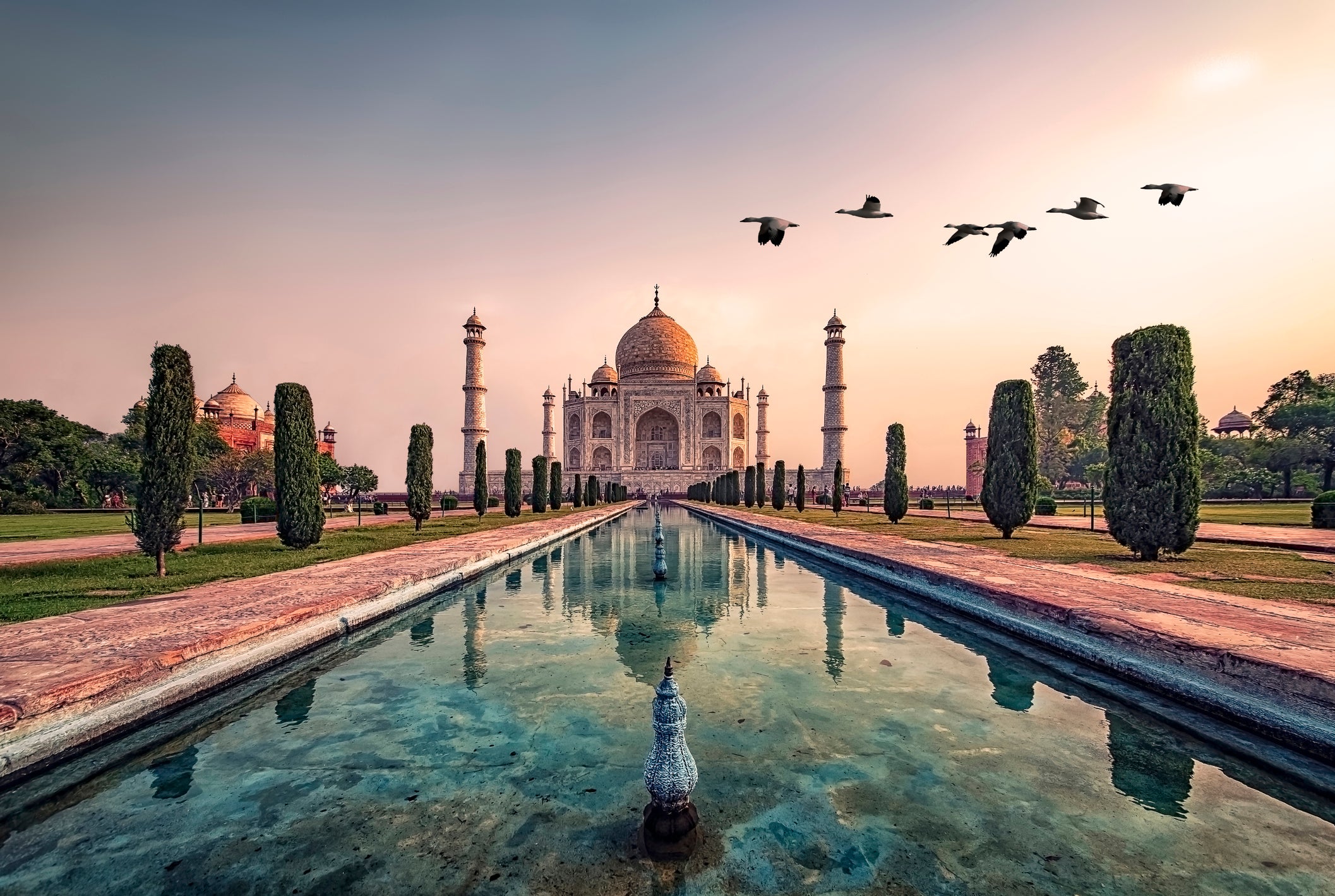
Just weeks after the Indian government began to ease lockdown restrictions, the number of Covid-19 cases has rocketed. The country, which has a population of 1.3 billion, now has the fourth highest number of confirmed cases in the world and there are major concerns about how it will cope with the high numbers of new infection rates. Three-quarters of the reported deaths have come from three states: Delhi, Gujarat and Maharashtra, while Chennai city’s caseload is double the official count due to separate death registries being un-reconciled, according to a BBC report published on 15 June.
A severe shortage of doctors, healthcare workers and beds, coupled with one of the lowest per capita testing rates in the world, has stoked fears among medical professionals: “I am pretty worried about the numbers,” Ashish Jha, director of the Harvard Global Health Institute, said. “It’s not that infections will peak and go down on their own. You need interventions to turn the corner.” From Friday 19 June, around 15 million people in Chennai and neighbouring districts were subject to a new lockdown to try and stem new cases in the region.
China
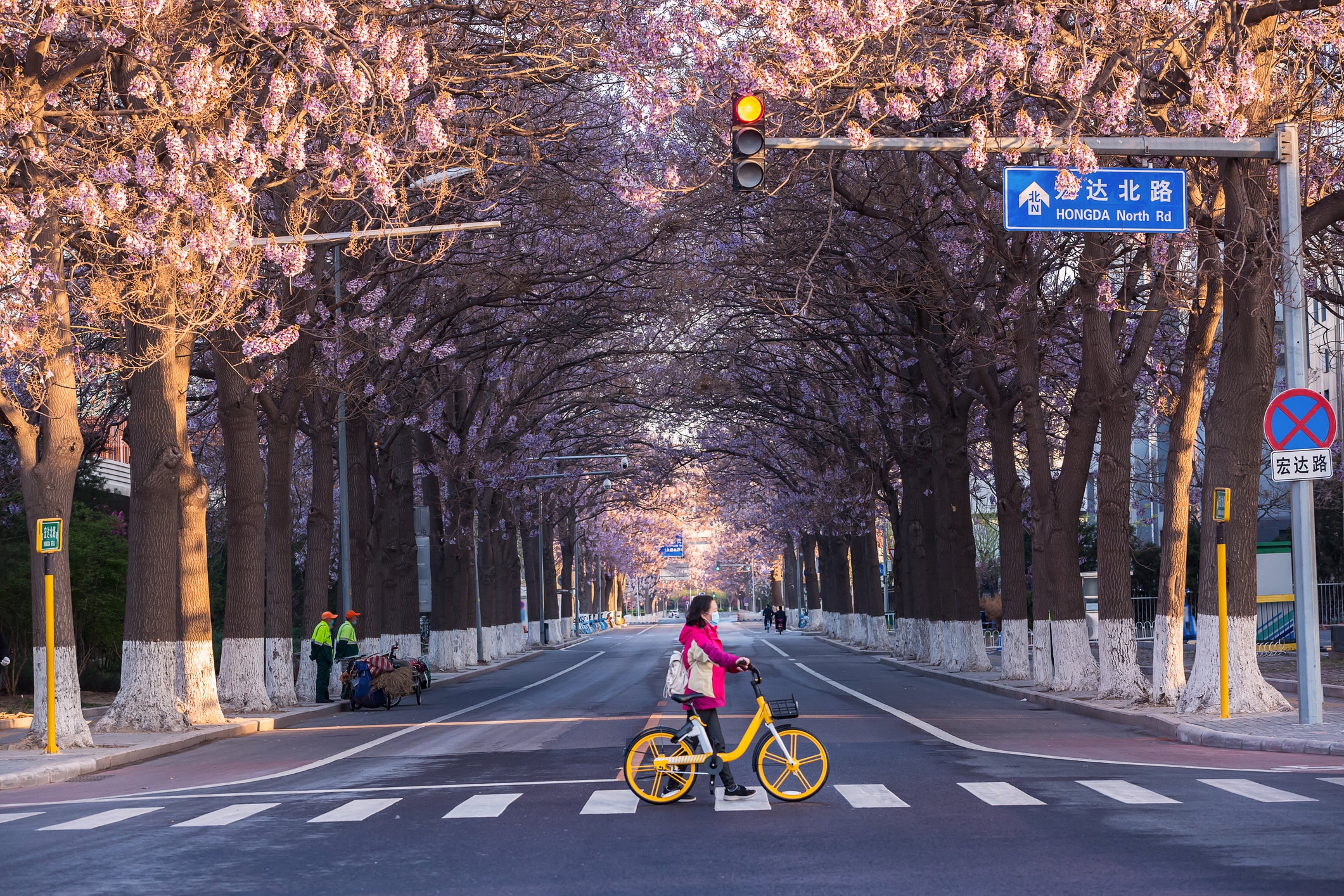
A new outbreak of coronavirus in China has come as a shock and political embarrassment to Beijing, which had declared victory over Covid-19 and directed its citizens back to work. Authorities in the Chinese capital described the city’s coronavirus outbreak as “extremely severe”, prompting restrictions on travel from the city and the closure of its schools, universities, entertainment and indoor sports venues. Beijing residents have been instructed to avoid “non-essential” travel as 137 new cases were reported in the city in the week leading up to 17 June. While state media reports claimed that the virus had come from abroad, citing “a different strain”, the outbreak has been traced to the Xinfadi wholesale food market in Beijing’s Fengtai district.
Iran
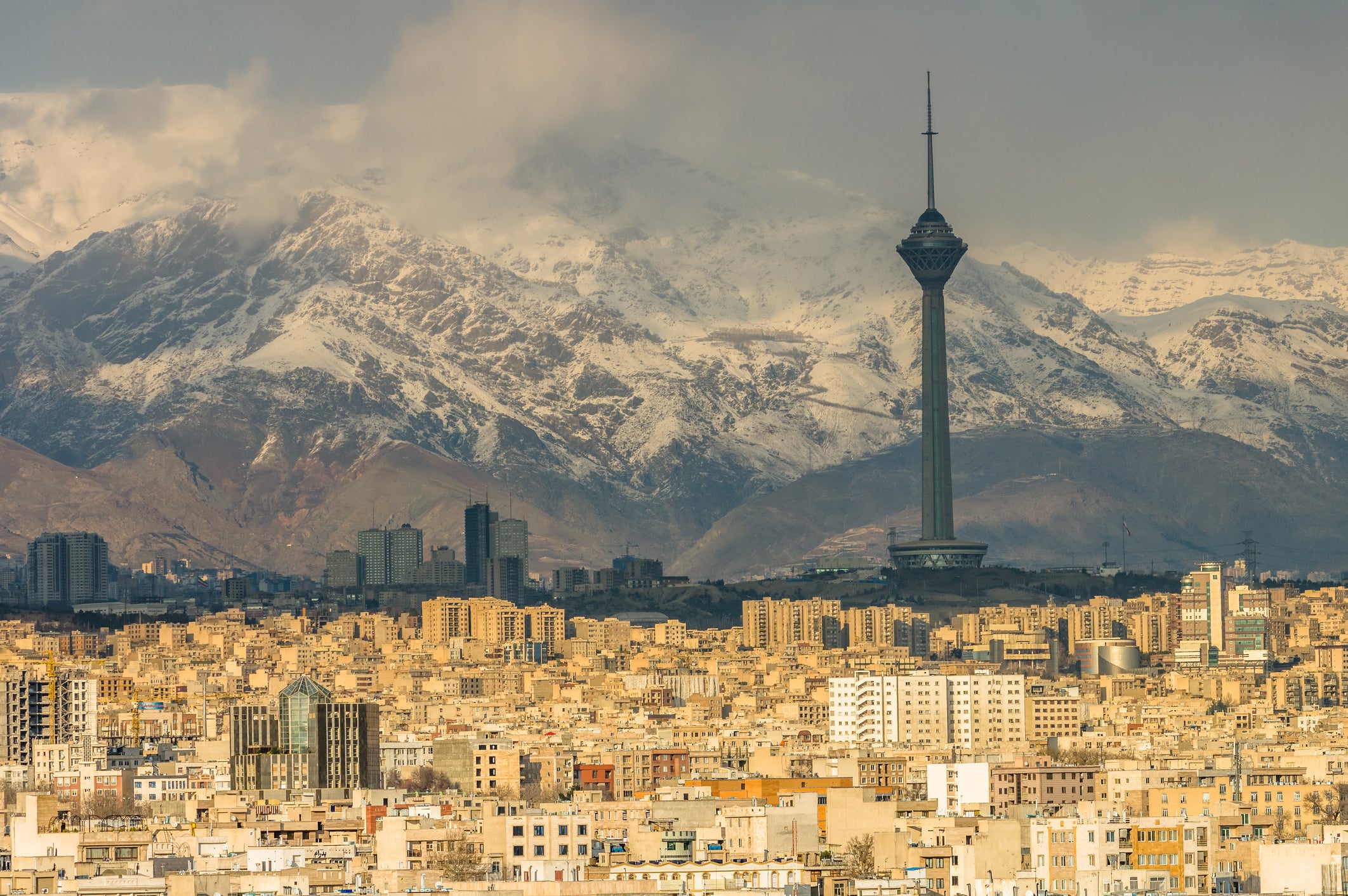
After relaxing restrictions in mid-April, Iran has witnessed a surge in new coronavirus cases in early June, with 3,574 new cases reported on 4 June alone. Prior to this, the highest figure was 3,186 on 30 March when Iran became one of the worst hit countries outside of China. While the initial epidemic was concentrated in Qom and the capital, Tehran, the new spike has largely been focused in Khuzestan province in the south-west. Health minister Saeed Namaki said people were ignoring social-distancing rules. “People have become completely careless regarding this disease,” he said. “If our people fail to respect the health protocols...we must prepare ourselves for the worst situation.”
United States

With a total of 2.5 million Covid-19 cases, the United States is currently the worst affected country in the world. While lockdown restrictions have varied from state to state, nine have hit record highs for coronavirus cases in the last few days alone: Alabama, Arizona, Florida, Nevada, North Carolina, Oklahoma, Oregon, South Carolina and Texas. Home of the Grand Canyon, Arizona is the new national hotspot for Covid-19, logging 2,392 cases on 16 June. Rep. Greg Stanton commented that it was “spreading like wildfire” in the state, with reports of people flocking to intensive care units. Inaccurate and contradictory statements from President Donald Trump include suggestions that the deadly disease can be cured by exposure to sunlight or injecting bleach, claims that have been condemned as extremely dangerous.
Pakistan
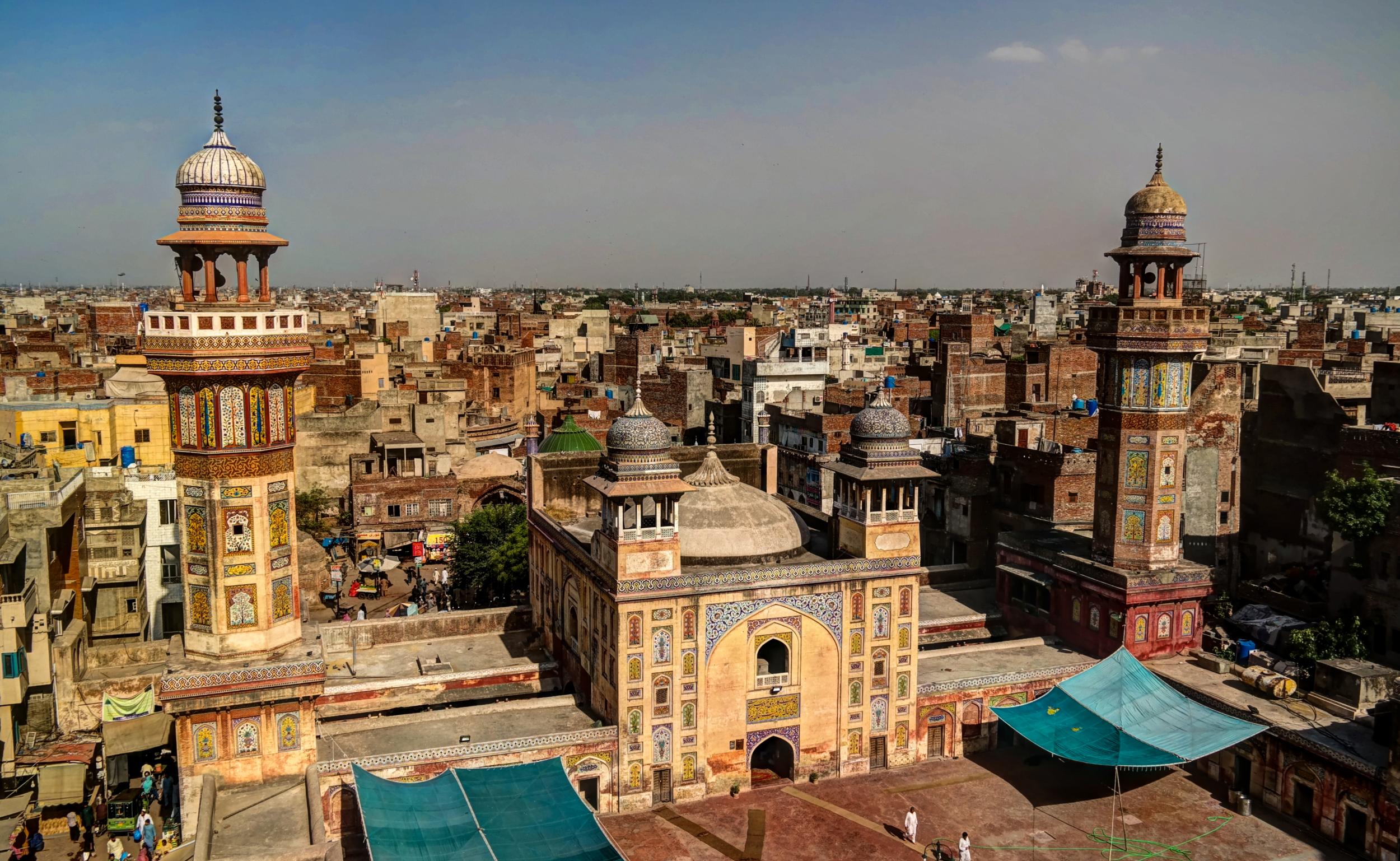
Pakistan has reintroduced strict lockdowns in several cities following a government warning that Covid-19 cases in the South Asian country could multiply eightfold by the end of July, reaching 1.2 million. The country lifted its countrywide lockdown on 9 May citing economic stress and has subsequently witnessed infection rates rise from one in 10 tests to more than one in five. In a letter to the Pakistan government dated 7 June, the World Health Organisation (WHO) criticised the government’s efforts adding that it was not ready to relax restrictions. Home to over 200 million people, the world’s fifth most populous country has a struggling healthcare system, with healthcare providers’ morale reportedly “at rock bottom”.
South Africa
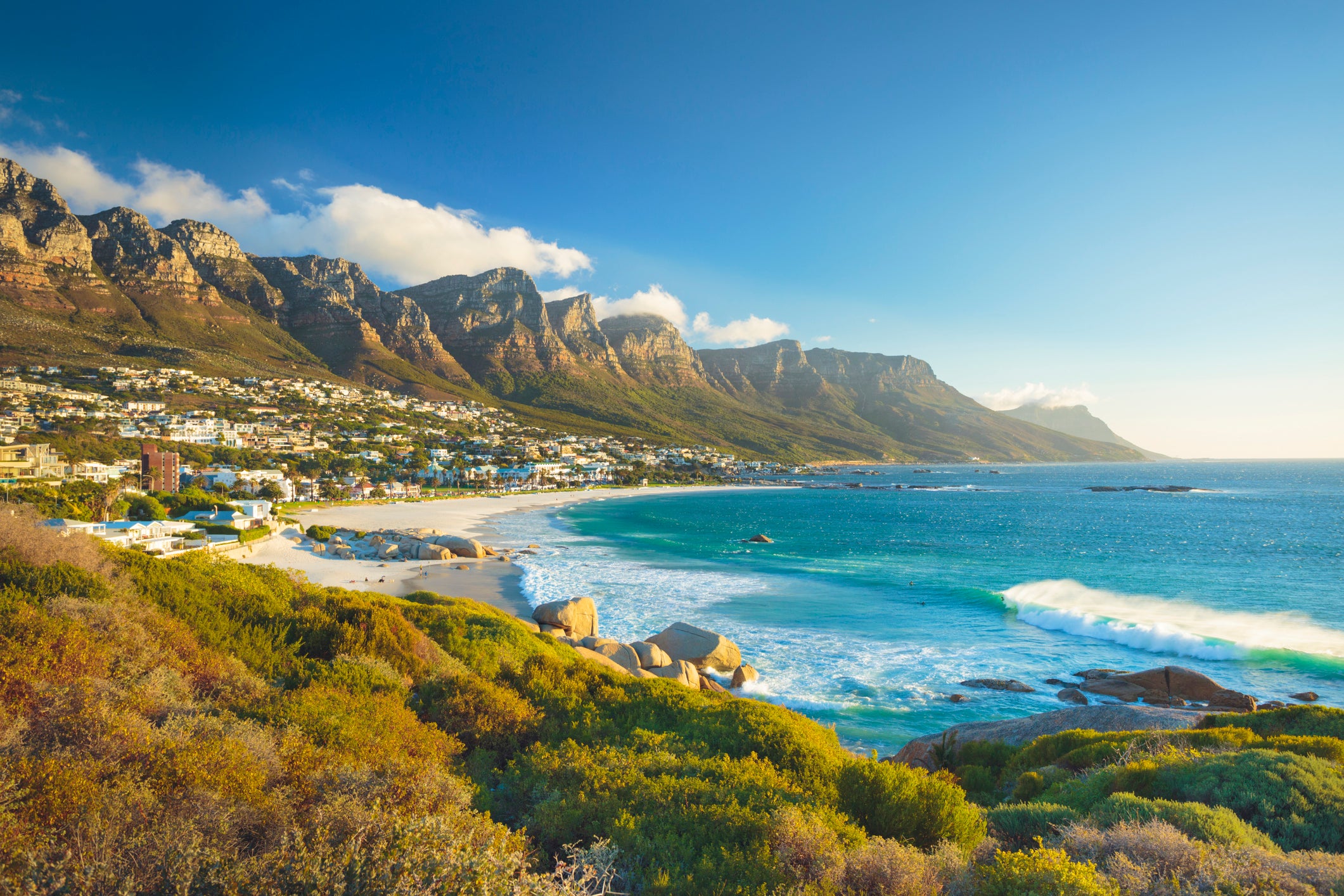
South Africa recorded a record jump in new Covid-19 cases with 4,302 reported on 14 June after the country started gradually easing lockdown. Nearly two thirds of cases are in the Western Cape region, home to Cape Town – a major tourist destination – and a struggling healthcare system. The country has been the hardest hit in sub-Saharan Africa, claiming nearly a quarter of all cases on the continent.
Join our commenting forum
Join thought-provoking conversations, follow other Independent readers and see their replies
Comments
Bookmark popover
Removed from bookmarks